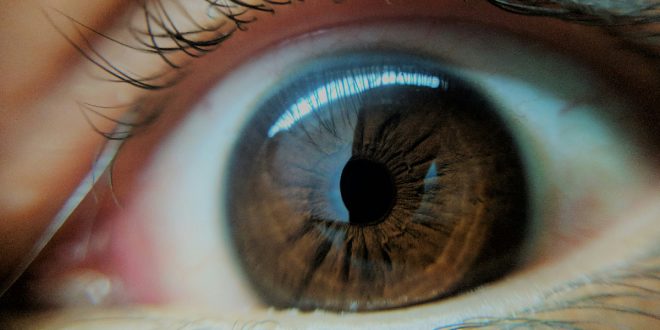Aging affects every part of the body, and your eyes are no exception. Vision changes are often among the first physical signs of growing older, yet many people underestimate just how closely eye health is linked to overall wellness. As research advances, science is revealing new insights into why these changes occur and how modern medicine can help preserve vision well into later life.
Understanding How the Eyes Age
The eyes are incredibly complex organs, made up of delicate tissues that must remain clear and flexible to function properly. Over time, natural processes like oxidation, light exposure, and cellular aging begin to affect how these tissues work. The lenses inside the eyes gradually lose elasticity, making it harder to focus on nearby objects, a condition known as presbyopia. At the same time, proteins in the lens can break down and clump together, leading to clouding that eventually forms cataracts.
The retina, responsible for processing light and sending signals to the brain, is also vulnerable to aging. The gradual accumulation of waste products in retinal cells can contribute to conditions like age-related macular degeneration (AMD), which affects central vision. These changes are not inevitable, however. Emerging research shows that lifestyle, genetics, and medical intervention all play key roles in how vision evolves with age.
The Role of Science and Technology
In the past, age-related vision loss was seen as something to accept rather than address. Today, scientific understanding has completely reshaped that view. Researchers now know that oxidative stress, inflammation, and nutritional deficiencies accelerate eye aging, meaning that maintaining a balanced diet rich in antioxidants, such as vitamins C and E, lutein, and zinc, can significantly reduce risk.
At the same time, innovation in medical technology is transforming the way age-related eye conditions are treated. For example, procedures such as cataract surgery near Nashville use laser precision and advanced imaging to restore clarity with remarkable accuracy. Modern lenses can even correct multiple vision problems at once, reducing dependence on glasses while improving quality of life. What once required long recovery times and limited results is now a highly refined process with faster healing and long-lasting outcomes.
The Connection Between Vision and Brain Health
Science is also uncovering how closely the eyes are linked to cognitive function. Because the retina is an extension of the central nervous system, changes in eye health can reflect what’s happening in the brain. Researchers are studying how early detection of retinal changes might help identify neurological conditions such as Alzheimer’s or Parkinson’s disease before other symptoms appear.
Maintaining eye health through regular checkups not only preserves vision but may also support long-term brain wellness. This reinforces the idea that caring for the eyes is an essential part of preventive health care.
Looking Toward the Future
The study of aging and vision continues to evolve, blending biology, technology, and lifestyle science into a holistic picture of eye health. With early detection, proper nutrition, and access to advanced treatments, the outlook for lifelong vision has never been brighter.
Aging may be inevitable, but vision decline doesn’t have to be. Science is showing that with awareness and care, clarity, both visual and mental, can last far longer than people once imagined.
 Blogging Heros
Blogging Heros




